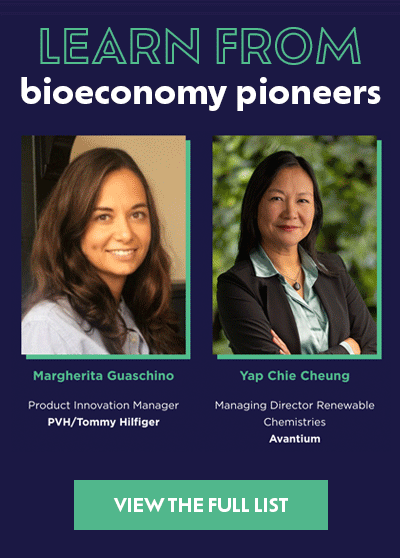Timeplast is a chemical technology startup that’s spent over a decade working on a water-soluble plastic substitute that eliminates many of the problems with both conventional plastics and current bioplastics without sacrificing the functionality and versatility of the material. The result is a material that behaves like conventional plastic but can be programmed to disappear at a predefined expiration date ranging from 60 seconds to 60 years of continuous contact with water.
The techno-organic material can be used as a substitute for PE, PP, PS, PVC, extruded, injected, thermoformed and expanded plastics, covering nearly every manufacturing need except for completely transparent plastics – giving it a potentially large total addressable market. With a working prototype ready, the startup is raising funding via a StartEngine campaign where it’s already raised about $5 million from investors.
The techno-organic resin is made up primarily of alcohol so it can dissolve in a matter of hours, upon constant contact with water. After a certain amount of exposure to water – depending on the formulation used, after the period of contact programmed into the material has been achieved – this alcohol-based copolymer will have dissolved down to 500 grams per mole.
Many of the bioplastics on the market today are made with corn, sugar, potatoes or other crops. This puts increased pressure on the world’s already limited farmland and the forests that get leveled to create new farmland as a result. So Timeplast was determined to develop a substitute that didn’t compete for farmland or turn the world’s food supply into plastic. Instead, its resin can be made by distilling alcohol from organic waste.
The company is also developing a multi-purpose disintegration device that can break down any Timeplast material regardless of the programmed expiration date. The device, called Pabyss, can either dissolve material into a benign byproduct safe enough to discard in a wastewater stream or upcycle it into raw material that can be used to produce another batch of Timeplast bioplastic.
Where other plastics can only be recycled two or three times before they become unusable, Timeplast can recycle the raw materials it uses limitlessly. The Pabyss device can be deployed to upcycle used Timeplast products as well as to quickly break down Timeplast materials when displaced, such as after a natural disaster.
















